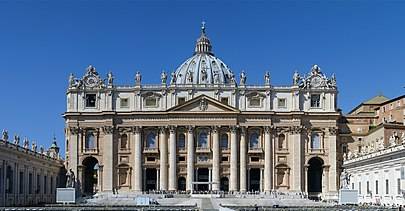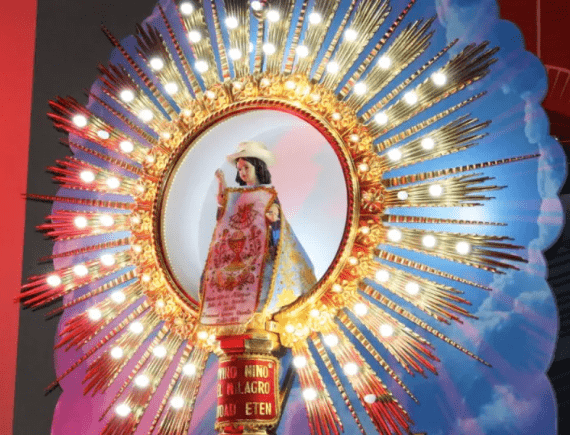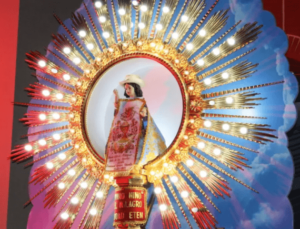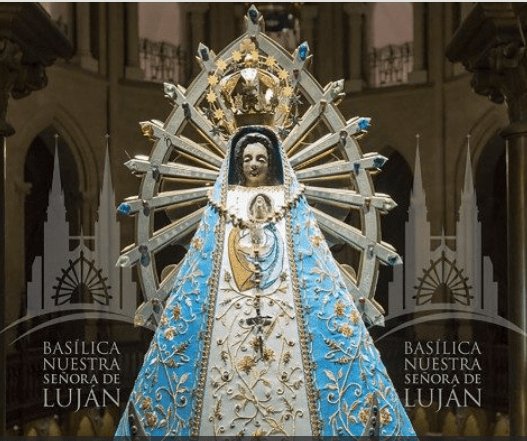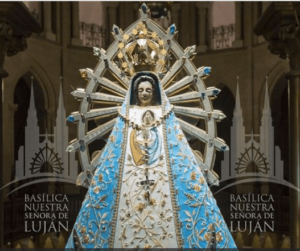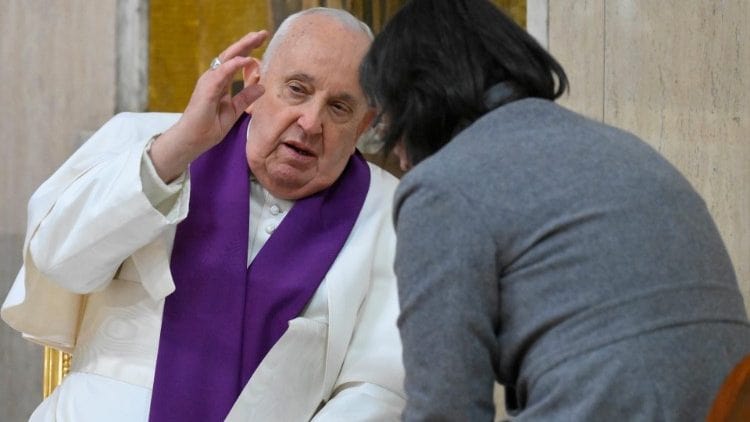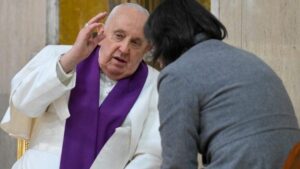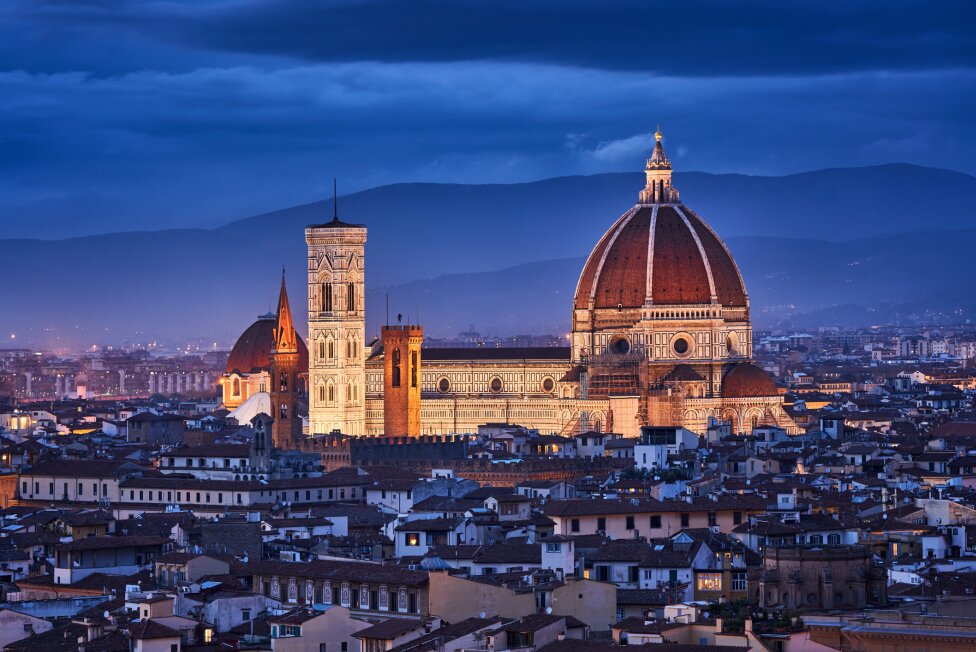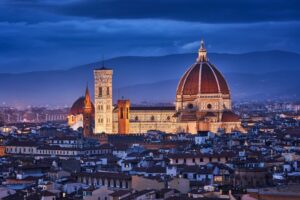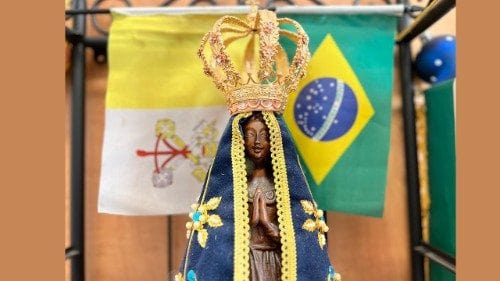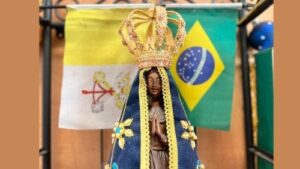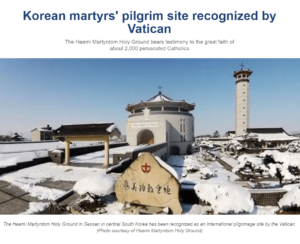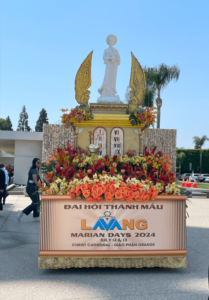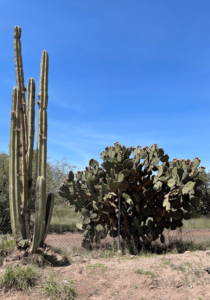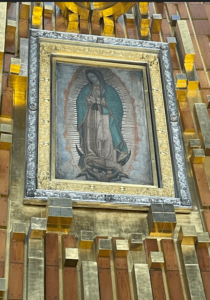Mission San Gabriel Archangel in California
The founding of the Mission San Gabriel Archangel dates from the decision of Padre Serra to find an establishment midway between San Diego and San Carlos Borromeo.
Thus, the fourth Mission had its beginning on September 8, 1771, near the present city of Montebello.
The selection of the site was fortunate, for it enabled the Mission to become one of the most affluent of all those in Alta California.
The Mission, built of stone, brick, and mortar, is one of the best-preserved of all the Mission, with its picturesque buttresses and lofty walls.
Originally, the church had an arched roof, but an earthquake in 1804 damaged the building so much that the arches had to be torn down and a new roof substituted.
In 1812, another earthquake demolished the bell tower and was replaced by a campanile at the other end of the church.
Its massive strength is due to the basic, but effective, engineering skills of the early builders.
In the tower are six bells of heavy design dating from 1795 to the 1830’s.
The altar is original and was handcrafted in Mexico City, and brought to the Mission in the 1790’s.
The six polychrome wooden statues were hand carved in Spain, and they were brought around the Horn in 1791.
These statues and reredos (ornamental screen covering at back of a church’s altar) were restored to their original beauty after the earthquake of 1987.
Also, Our Lady of Sorrows, well over 300 years old, now is beautifully framed in wrought iron.
Within the Mission is the baptistery. The floor, walls and domed ceiling are original. Here rests the hand hammered copper baptismal font, which was a personal gift from King Carlos III of Spain.
Also, is the same sterling silver baptismal shell carried by the founding fathers over 200 years ago, from which in November 1771, the first Tongva child received Baptism, just as the latest first born of today’s parishioners do.
Juan Bautista de Anza completed the first land link with Sonora, Mexico when he arrived on March 22, 1774, with an exploring party, and returned with a group of 240 colonists bound for San Francisco in 1776.
In that year, the Mission moved to its present site.
Fifty years later, the first of the famous mountain men, Jedediah Smith, with a party of trappers, blazed a trail across the desert.
Given a reception, Smith called “Old Father Sanchus” (Padre Sánchez) his “greatest friend.”
After that, many overland parties visited the renowned Mission.
The bond of San Gabriel with the city of Los Angeles dates from the exodus of eleven families escorted by a company of soldiers who crossed the Los Angeles River, and nine miles west of the Mission founded Pueblo de Nuestra Señora la Reina de Los Angeles de Porciuncula.
This historic event happened on September 4, 1781, ten years to the week after the establishment of the Mission, making our parish the Mother church for Los Angeles County.
For years, the Mission was the Valley’s spiritual center.
The last Franciscan withdrew in 1852 and in 1855, the U.S. Land Commission awarded the property to this diocese.
The Claretian Priests, who have administered the Mission since 1908, have kept it in excellent repair.
The Claretians, along with the laity, have made the Mission, again, a strong spiritual center in the valley.
Anyone interested in more information on the Mission should visit our Museum.


